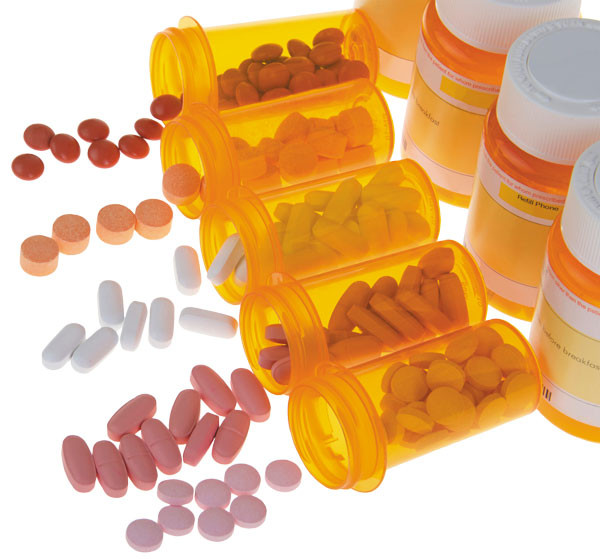- Empty cart.
- Continue Shopping
The Importance of Understanding Medication Interactions

Medications play a crucial role in managing various health conditions and improving our overall well-being. However, the effectiveness and safety of medications can be compromised when they interact with other drugs, foods, or substances. Understanding medication interactions is paramount to ensuring that the treatments we receive are both effective and safe.
What Are Medication Interactions?
Medication interactions occur when two or more substances, such as prescription or over-the-counter medications, herbal supplements, or even certain foods, affect each other when taken together. These interactions can lead to changes in the way a medication works, potentially reducing its efficacy or causing unexpected side effects.
Types of Medication Interactions
Understanding the different types of medication interactions is crucial for managing your health effectively:
1. Drug-Drug Interactions:
These occur when two or more medications interact in your body. It can lead to one drug interfering with the effectiveness or metabolism of the other, potentially causing harm.
2. Drug-Food Interactions:
Certain foods can interact with medications, affecting how they are absorbed or metabolized. For example, some medications should not be taken with grapefruit juice because it can inhibit the breakdown of the drug, leading to higher levels in the bloodstream.
3. Drug-Herb Interactions:
Herbal supplements and medications can interact, sometimes with adverse effects. It’s essential to inform your healthcare provider of any herbal supplements you are taking to avoid potential interactions.
4. Drug-Alcohol Interactions:
Combining alcohol with certain medications can be dangerous. Alcohol can enhance or diminish the effects of some drugs and may lead to unintended consequences.
The Importance of Understanding Medication Interactions
- Enhancing Medication Efficacy: Knowledge of potential interactions can help healthcare providers choose the most effective medications for your condition. By avoiding interactions, the medication can work optimally.
- Minimizing Side Effects: Some interactions can lead to increased side effects or adverse reactions. Understanding these interactions can help healthcare providers adjust medication dosages or choose alternative treatments to minimize discomfort.
- Preventing Medication Failures: Medication interactions can render a drug ineffective. By recognizing and addressing interactions, you can ensure that your treatment plan remains successful.
- Avoiding Harmful Consequences: Certain interactions can lead to severe health risks, such as organ damage or life-threatening conditions. Awareness can help you avoid these potentially dangerous scenarios.
- Personalized Treatment Plans: Healthcare providers can tailor treatment plans based on your specific medical history, existing medications, and potential interactions. This personalized approach can improve the effectiveness of your treatment.
How to Stay Informed About Medication Interactions
- Consult with Healthcare Providers: Always inform your healthcare provider about all medications, supplements, and dietary habits. They can assess potential interactions and make informed recommendations.
- Read Medication Labels: Pay close attention to medication labels and package inserts. They often include information about potential interactions with other drugs or substances.
- Use Online Resources: Various online tools and databases are available to check for potential interactions between medications. Websites and apps can provide valuable information, but it’s essential to consult with a healthcare provider for personalized advice.
- Pharmacist Guidance: Pharmacists are medication experts and can offer valuable insights into potential interactions. Don’t hesitate to ask questions when picking up your prescriptions.
- Patient Education: Take the initiative to educate yourself about your medications and their potential interactions. Understanding your treatment plan empowers you to make informed decisions about your health.
In Conclusion, Understanding medication interactions is an integral part of responsible healthcare management. By being aware of how different drugs, foods, and substances can interact with one another, you can ensure the safety and effectiveness of your treatment. Open communication with your healthcare provider, careful reading of medication labels, and personal research are all essential steps in this process. Remember that your health is a collaborative effort between you and your healthcare team, and being informed about medication interactions is a crucial aspect of that partnership.








